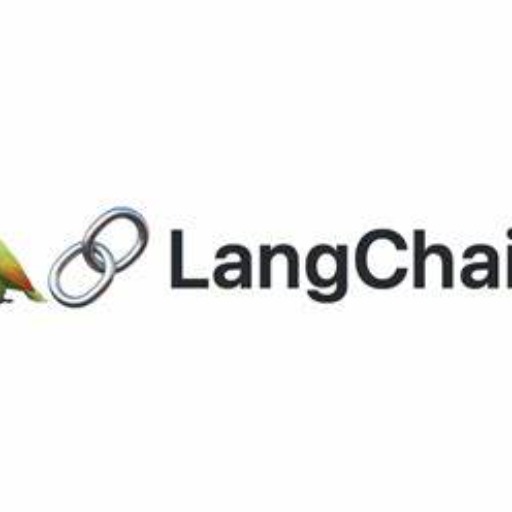Japan OpenData-access to Japan's open datasets
AI-powered access to Japan's open data
使い方を教えて
新宿区の人口のデータを教えて
東京都の保育所のデータを検索して
渋谷区の公園施設のデータを検索して
Related Tools
Load More20.0 / 5 (200 votes)
Introduction to Japan OpenData
Japan OpenData is a platform designed to provide public access to a wide range of datasets released by government agencies, municipalities, and other public institutions across Japan. Its primary function is to promote transparency, encourage data-driven innovation, and support evidence-based policymaking. The data spans various sectors, including transportation, healthcare, education, and environmental statistics. For example, a developer looking to build an application for real-time train schedules can use transportation data available on Japan OpenData to create accurate, user-friendly services. Similarly, researchers analyzing air quality trends over time can access environmental datasets for their studies. The platform is designed to be user-friendly and accessible, providing datasets in multiple formats such as CSV, JSON, and XML, which can be easily integrated into different applications or used for research.

Key Functions of Japan OpenData
Data Search and Retrieval
Example
A local government planner can search for datasets on traffic patterns in a particular city or region.
Scenario
Imagine a city planning office trying to assess road congestion. They can search for traffic flow data in specific urban areas to better understand peak congestion times and road usage. The data could help inform decisions about where to expand roads or install traffic lights.
Data Formats and API Access
Example
A startup developing a tourism app can directly access datasets on local tourist attractions using APIs.
Scenario
A tech company developing an app that offers tourists real-time information on popular spots can use the API feature of Japan OpenData to integrate datasets on local attractions, historical sites, or restaurant availability. This allows the app to provide updated information without manual data collection.
Visualization and Data Tools
Example
A data scientist creating a report on aging populations can utilize population and demographic datasets from the platform.
Scenario
For a research project, a data scientist might use Japan OpenData to access datasets related to demographic changes. These datasets can be visualized to show the rate of aging populations in different regions of Japan, helping policymakers assess future healthcare needs.
Target User Groups of Japan OpenData
Researchers and Academics
Researchers benefit from Japan OpenData because it offers a wide range of public datasets crucial for academic studies and data-driven research. Whether they are studying climate change, urban planning, or social sciences, the platform provides essential data sources that can be used in statistical analysis, research papers, or case studies.
Business Developers and Startups
Startups and business developers who rely on data-driven strategies can greatly benefit from the datasets. For instance, a transportation startup could use data on public transit schedules to create a mobile app that provides real-time transit information. Japan OpenData’s API access also makes it easier to incorporate these datasets into applications seamlessly.

How to Use Japan OpenData
1
Visit aichatonline.org for a free trial without login, also no need for ChatGPT Plus.
2
Search datasets by specifying geographical area, keywords, or file format. The search engine supports both Japanese and English, so adjust the language settings according to your needs.
3
Browse the search results and select the dataset that matches your interest. Each dataset provides a detailed description, file format, and download link.
4
Analyze the dataset by opening the files in your preferred tool or software. Be sure to review the licensing details to ensure compliance with usage rights.
5
Use the data for applications like academic research, government reporting, or data-driven projects. You can bookmark the page or download the file for future reference.
Try other advanced and practical GPTs
Image to Bricks
Transform Images into LEGO Art with AI

戦闘的論破|combative arg.#roleplay #game #RPG
Master the art of argument with AI.

Lab Report Evaluator
AI-Powered Grading for Accurate Lab Reports

World Class Prompt Engineer
AI-powered prompt optimization for everyone.

Code Maximus
Efficient AI-powered code generation tool.

LangChainGPT
Empower AI with LangChain integration

MillionaireGPT
Challenge your knowledge with AI
시너지플레이스 부평산곡점 스터디카페
AI-powered study space management

Your Christmas Pet Portrait
AI-powered Christmas pet card creator

UX design assistant
AI-Powered UX Design Guidance

エージェントをつくるためのエージェント
Customize your AI with ease

Tree of Thoughts GPT
AI-powered assistant for detailed problem-solving and planning.
- Data Analysis
- Market Research
- Urban Planning
- Public Health
- Government Policy
Frequently Asked Questions about Japan OpenData
What kind of data can I find on Japan OpenData?
Japan OpenData offers datasets across various sectors, including government, transport, health, education, and economic data. These are open, public datasets provided by Japanese institutions, often used for research, planning, and innovation.
Do I need an account to access Japan OpenData?
No, you do not need to create an account. You can freely browse and download datasets without signing up or logging in. This ensures ease of use and immediate access.
Can I use Japan OpenData for commercial projects?
Most datasets are under open licenses, but you should always check the specific license associated with each dataset to ensure compliance with commercial use policies.
What languages does Japan OpenData support?
The platform supports both Japanese and English, allowing users to search datasets in their preferred language. Be sure to set the language accordingly when performing searches.
What are the common formats for datasets on Japan OpenData?
Datasets are available in various formats like CSV, JSON, XML, and PDF. This flexibility allows you to work with data in the format that best suits your analytical tools.